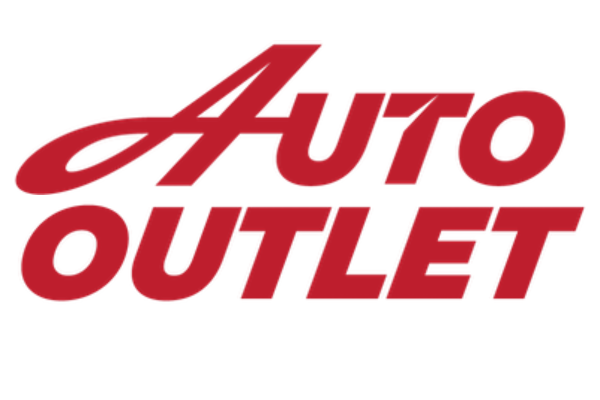Buying a Used Car: Dealership vs. Private Seller

Buying a used car opens up a world of possibilities, but it also presents a crucial decision: Should you purchase from a dealership or a private seller? Both options come with their own set of advantages and disadvantages, and understanding these can help you make an informed choice. This guide will delve into the key considerations like price, financing, vehicle quality, and peace of mind, offering insights into both purchasing routes.
Price: What’s the Cost?
When it comes to pricing, private sellers often have the upper hand. Without the overhead costs associated with running a dealership, private sellers can typically offer lower prices. Their main goal is usually just to sell the car quickly, leading to more room for negotiation. On platforms like Kijiji or Facebook Marketplace, you might find a bargain that a dealer can't match.
Dealerships, however, have their own pricing strategies. While they might initially appear more expensive due to their need to cover operational costs, dealerships often offer additional incentives such as cash-back deals or financing packages that can offset the price. Moreover, they adhere to pricing standards and can provide a clearer picture of a vehicle’s market value through tools like the Canadian Black Book.

Financing Options: How Will You Pay?
One of the significant advantages of purchasing from a dealership is the availability of diverse financing options. Dealerships often have established relationships with banks and lending institutions, allowing them to offer a variety of payment plans, including leasing and in-house financing. This flexibility can make owning a car more financially manageable for many buyers.
Conversely, purchasing from a private seller typically requires the buyer to pay the full amount upfront. While you can secure a loan from a bank for a private sale, this process can be more cumbersome and may come with higher interest rates. If you lack the immediate cash for a private purchase, financing through a dealership can be a more practical solution.
Vehicle Quality: What Are You Really Buying?
Quality assurance is a major selling point for dealerships. Cars sold through dealerships often go through rigorous inspections and are sometimes certified pre-owned, which means they meet specific quality standards and often come with warranties. These inspections can provide peace of mind that you're buying a reliable vehicle.
Private sellers, on the other hand, offer no such guarantees. The vehicle is sold "as-is," which means any hidden issues or necessary repairs are the buyer's responsibility post-purchase. While you can have the car inspected independently, this doesn't replace a full dealership inspection or the assurance of a warranty. Thus, buying from a private seller can be riskier unless you have the vehicle thoroughly checked by a trusted mechanic.
Peace of Mind: Trust and Assurance
When it comes to peace of mind, dealerships again have the edge. They are bound by consumer protection laws and have reputations to maintain, which generally prevents them from selling defective vehicles. Additionally, dealerships often provide CARFAX reports and other documentation that detail the vehicle’s history, giving buyers a comprehensive understanding of the car’s past.
Buying from a private seller does offer a different kind of assurance: personal interaction. You might get a more detailed history of the car's use directly from the owner, which can be invaluable, especially if the seller has been the sole owner. However, this also requires a level of trust that the seller is being fully transparent about the vehicle's condition and history.

The Final Decision: Weighing Your Options
Ultimately, the choice between a dealership and a private seller depends on your priorities and risk tolerance. If you're looking for peace of mind, financing options, and quality assurance, a dealership is the way to go. The certified checks, warranties, and financing plans make it a convenient and secure option for many buyers.
On the other hand, if you're looking to negotiate a lower price and prefer direct communication with the owner, a private seller might suit your needs better. Just be prepared to do your due diligence regarding inspections and paperwork.
Regardless of your choice, always ensure that the vehicle is thoroughly inspected and that you have all the necessary documentation before finalizing your purchase. Both paths have their own set of challenges and rewards, and understanding these will help you make a decision that aligns with your needs and financial situation.


